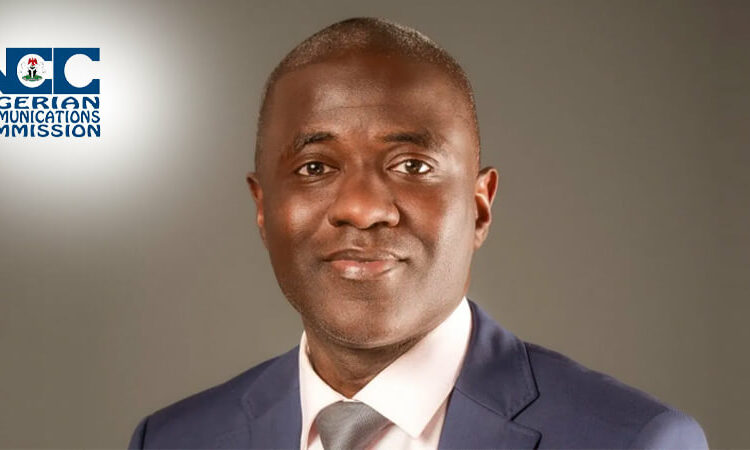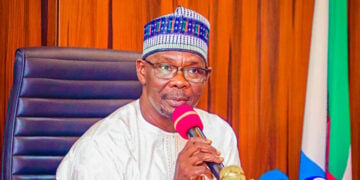Executive Vice Chairman of the Nigerian Communications Commission (NCC) Aminu Maida, has affirmed that the General Authorization Framework by the commission had enabled a flexible and responsive regulatory licensing approach that is structured to embrace new and emerging services that fall outside the existing License Structure.
The NCC boss said this in his remarks during the stakeholders Forum on the draft General Authorization Framework for the Nigerian Telecommunications industry in Abuja on Thursday, stressing that it is a turning point, where the nature of innovation demands a regulatory paradigm that is not only responsive but enabling.
According to Maida the framework introduced three key instruments, which includes Proof-of-Concept pilots to validate novel ideas in real-world environments; A Regulatory Sandbox, which allows innovators to test solutions—such as Open RAN trials, or dynamic spectrum sharing—under controlled and risk-managed conditions.
The third is an Interim Service Authorisation for services that do not yet fit within existing license categories.
He said “by adopting this approach, we are providing a platform for innovators of various sizes—whether they are startups or established companies—to demonstrate feasibility, assess risk, and measure outcomes before deployment. This model encourages experimentation and responsible innovation while safeguarding consumer rights and public interest.
“However, regulation alone is not enough. You—our stakeholders—are central to the success of this framework. Mobile Network Operators, Service Providers, Infrastructure Companies, OEMs, startups, civil society, and academia all have a role to play. Your insights, your ideas, and your partnership are critical in refining this approach and making sure that it works for Nigeria.
“As we look to the future, we must ensure that no one is left behind. That means expanding access, closing connectivity gaps, and empowering our youth, women, and underserved communities through inclusive innovation.”
He noted that the future of Nigeria’s digital economy is no longer distant, adding that at the heart of this future is the communications sector—a shared infrastructure for innovation, inclusion, and economic advancement.
“To sustain momentum, we must be bold, collaborative, and committed to building a resilient and innovative ecosystem. Through the General Authorisation Framework, we are unlocking new pathways for experimentation, market entry, and growth,” he added.
The Director of Licensing and Authorization Department of the Commission, Usman Mamman, said the session marks a pivotal step in the journey toward a more agile, inclusive, and innovation-driven communications sector in Nigeria.





